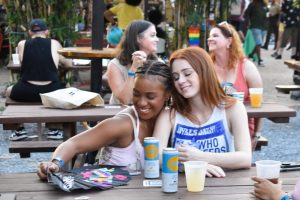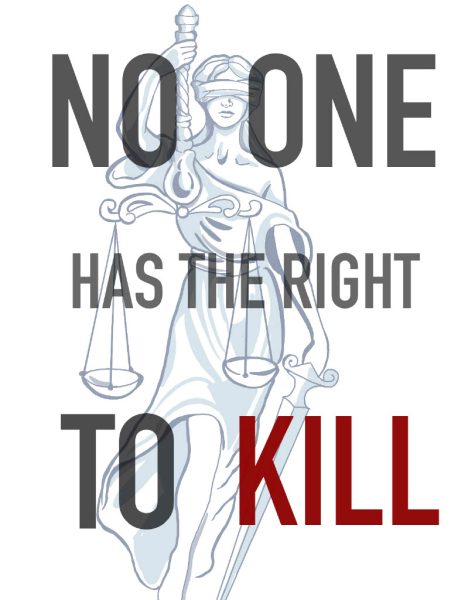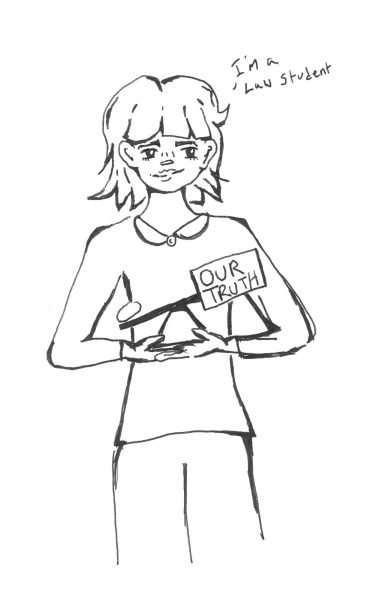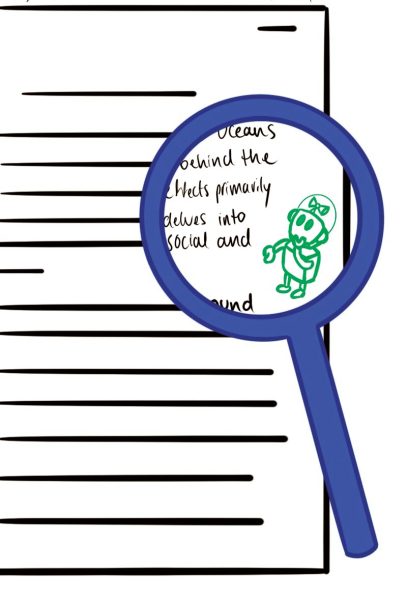OPINION: Kamila Valieva is a victim
March 17, 2022
The 2022 Winter Olympic Games were mired in controversy before the opening ceremonies began. Rising COVID-19 cases threatened the Olympics, and China’s stance on human rights pertaining to its native Muslim Uyghur population further complicated the implications of allowing the Games to go on. After they started though, one of the biggest stories surrounding the Games centered around the 15-year-old Russian figure skater Kamila Valieva and her positive drug test.
Valieva tested positive for the banned substance trimetazidine, which is a heart medication that is used to treat chest pain but can also cause an increase of blood flow to the heart, increasing an athlete’s stamina and endurance. According to the International Olympic Committee, Valieva was allowed to compete because she was a minor (the IOC classifies athletes 16 and under as minors), much to the chagrin of the global sporting community. Countless questions were raised about the safety of the athletes, the lack of consequences levied by the IOC, and the ramifications of letting an athlete who tested positive for an illegal, performance-enhancing substance compete with everyone else.
But I agree with the IOC’s decision to let Valieva compete. I do not think her positive test is her fault. She is a victim of all of this. A victim of her coach, Eteri Tutberidze, who has had many of her coaching methods called into question after these events. A victim of her team doctor, who failed to properly inform her of the illegal nature of the substance, and finally, Valieva is the latest casualty of the Russian athletic system that has placed such a large sense of value and national pride in sporting excellence that they are willing to annihilate anyone or anything that gets in their way of achieving athletic superiority.
We need to step back and take a deeper look at the circumstances that allowed Valieva to not only compete in the Olympics, but also win a gold medal in an event before it was revealed that she had tested positive for a performance-enhancing drug two months before the competition took place.
The irony in this situation is that Valieva was not competing under the Russian flag, but as a member of the Russian Olympic Committee after the IOC and the World Anti-Doping Agency issued a four-year ban in 2019 that prohibited athletes from representing Russia in the Olympics, Paralympics, and any World Championships as punishment for the state-sponsored doping program that went on during the 2014 Sochi Olympics. However, the ban was later shortened to two years after intervention by the Court of Arbitration of Sport. That decision only emboldened the Russian doping system by showing that there were no serious consequences for their actions and allowed for them to continue doing what they had been doing on the same scale. That is, until this 15-year-old girl was caught. We need to send the message that the world will not tolerate this kind of behavior from Russians any longer and finally show that there are consequences for cheating.
And more importantly, we have to remember that Valieva is the victim of a flawed system that failed her when she needed them most.


















